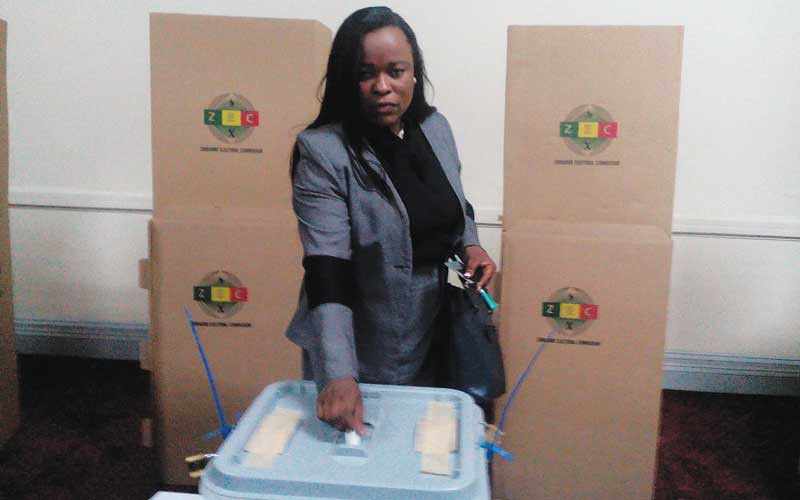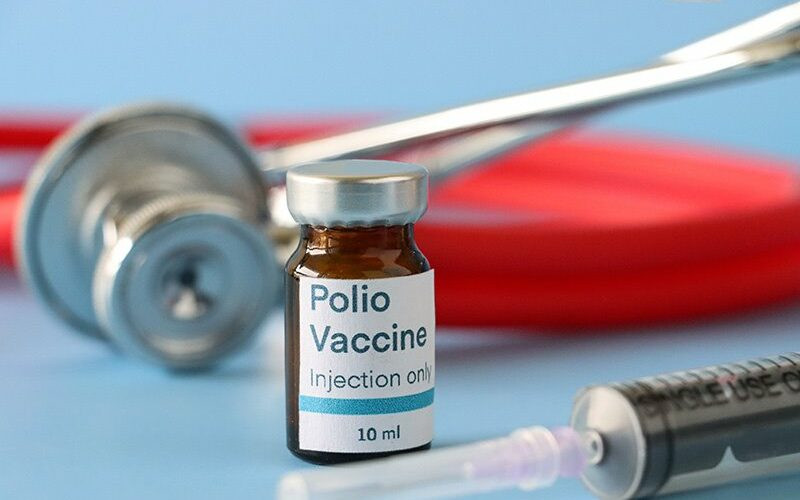
THE government lacks proper planning. It was important that the key actors, teachers, were agreeable to opening schools. Without these actors, nothing would happen. Walls can’t teach our children, headmasters cannot teach our children alone, neither do the education officers have a direct teaching input on our children, it is that impoverished teacher, the one who is grossly underpaid. This is the actor that is important.
Primary and Secondary Education minister Evelyn Ndlovu might think hiring temporary teachers is the solution. It’s not it! We must nip the problem in the bud by rewarding teachers and they will perform exceedingly well.
How in this era can a qualified teacher be earning less than $32 000, while a student teacher is paid $23 000? We are not serious as a nation. The teachers salaries are too low.
The money is not even enough to meet their transport costs, neither does it allow them to buy groceries. Shockingly, ancillary staff, groundsmen, bursars and cleaners, earn better than headmasters and teachers.
Does it mean that teachers have an employer who does not care for their welfare? Food for thought!
Since schools have reopened, learners are expected to be taken through their syllabus before they write examinations in October. They are raw. This is recipe for disaster.
The rural leaners are the worst affected. Their parents cannot afford even US$1 per month for extra lessons.
Teaching is a noble profession, not slavery. It is time government recognised teaching and reward the profession appropriately. Everyone in government is where they are because of a teacher.
- Chamisa under fire over US$120K donation
- Mavhunga puts DeMbare into Chibuku quarterfinals
- Pension funds bet on Cabora Bassa oilfields
- Councils defy govt fire tender directive
Keep Reading
Every industry leader is there because of that teacher who moulded them.
Lest we forget. –Forever Zimbabwean
Africa’s agribusiness industry needs solid legal systemsSO far, the agricultural sector in Africa seems to have weathered the storm reasonably well.
Africa is operating in a situation of radical uncertainty, and so all we can do is try and design strategies that will be more or less robust regardless of the pandemic’s outcome.
COVID-19 has exposed the fact that the continent is a net importer of food, which needs to be reversed.
That said, I don’t think it completely changes the game, and we’re not expecting a complete breakdown in international supply chains.
You still have to focus on being internationally competitive and being able to deal with the fact that chicken meat can be exported from Brazil to southern Africa at very low cost and rice processing costs in Asia are a fraction of what they are in Africa.
African agri-businesses need to tap into the global health and wellness trends by exporting organic products from Africa to Western markets.
This is because there is value in full traceability back to the farmer who supplied the product and there is assurance that banned chemicals haven’t been used, coupled with sustainable and equitable trade relationships with farmers.
Other countries have relatively small economies, but have a history of commercial agriculture in tobacco, sugar and to some extent tea and an investment climate that is very good for agriculture.
There is also a strong overall supportive environment. For example, Malawi has a solid legal system.
It’s relatively painless dealing with the authorities, and you can get things done.
Some companies have invested there since about eight years ago and have businesses in poultry, macadamia, sugar and peanuts which are all doing well. –Munhuwashe
Let’s be good stewards of the environmentIn response to Environmental fund on cards, Frank Sterle Jr says: Careless individual consumers threaten communities’ natural environments.
Too many of us still recklessly behave as though we are inconsequentially dispensing our non-biodegradable waste into a black-hole, in which it is compressed into nothing.
Indeed, I, myself, notice everytime I discard trash, I receive a reactive spring-cleaning-like sense of disposal satisfaction. Hell, I even receive that sense, albeit far more innocently, when deleting and especially double-deleting email.
It is like it can always somehow be safely absorbed into the air, water, and land (ie out of sight, out of mind).
I will never forget the astonishingly short-sighted, entitled selfishness I observed about five years ago, when a television news reporter randomly asked a young urbanite wearing sunglasses what he thought of government restrictions on disposable plastic straws.
“It is like we are living in a nanny State,” he retorted with a snort, “always telling me what I can’t do.”
Astonished by his shortsighted little-boy selfishness, I wondered whether he would be the same sort of individual who would likely have a sufficiently grand sense of entitlement — ie “like, don’t tell me what I can’t waste or do, dude!” — to permit himself to now, say, deliberately dump a whole box of unused straws into the nearest waterbody, just to stick it to the authorities who would dare tell him that enough is enough with our gratuitous massive dumps of plastics into our oceans (which are, of course, unable to defend themselves against such guys seemingly asserting self-granted sovereignty over the natural environment), so he could figuratively middle-finger any new government rules with a closing, “There! How d’ya like that, pal!”
His carelessly entitled mentality revealed why so much gratuitous animal-life-destroying plastic waste eventually finds its way into the natural environment, where there are few, if any, caring souls to immediately see it.











